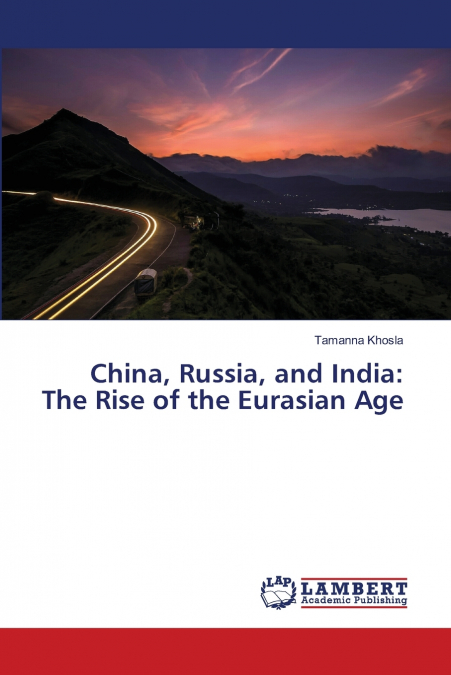
Tamanna Khosla
In the decades that followed, the United States implemented a grand strategy that historian Stephen Wertheim has aptly termed 'armed primacy.' According to its proponents, global stability, human flourishing, and the future of liberal democratic capitalism depended on the nation’s expanding influence. Whereas the United States had historically been cautious about entanglement in extra-hemispheric affairs, by the twentieth century, its presence became increasingly visible worldwide. To support this strategy, Americans constructed what historian Daniel Immerwahr has described as a 'pointillist empire.' Unlike traditional empires that relied on the direct conquest and occupation of vast territories, the United States built an extensive network of military bases across the globe to project power. These outposts served as staging grounds for military interventions, reinforced a global economic system favoring capitalist elites, and positioned the U.S. as a dominant force against any rival-democratic or otherwise-that challenged its hegemony.